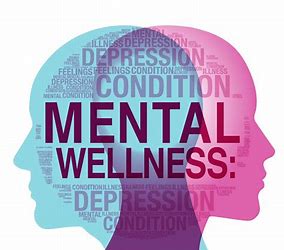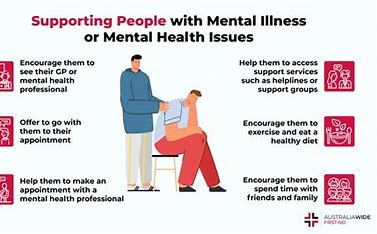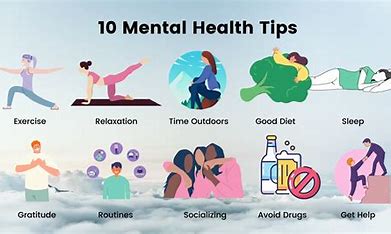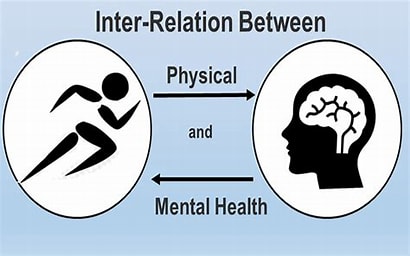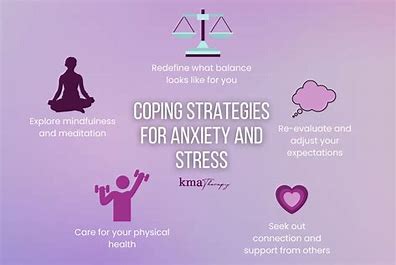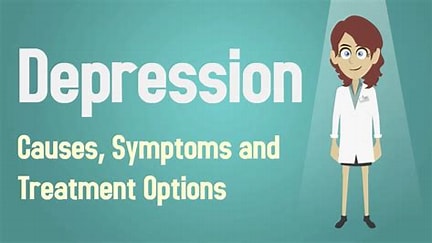The relationship between the body and mind has long been viewed as separate, but in reality, they are closely connected. Physical health impacts mental wellbeing, and vice versa. When we understand the connection, we can take steps to improve both, leading to a healthier, more balanced life.
The Impact of Physical Activity on Mental Health
When we engage in physical exercise, our body releases endorphins, also known as “feel-good” hormones. These chemicals help to elevate mood, reduce stress, and improve concentration. This natural boost from exercise plays a significant role in combating mental health conditions like anxiety and depression.
Conversely, poor mental health can lead to increased fatigue, making it harder to stay active. This often results in a more sedentary lifestyle, which can increase the risk of conditions like obesity, type 2 diabetes, and cardiovascular disease.
Mental Health in the Elderly
As the global population ages, mental health in older adults is becoming a growing concern. Over 20% of adults over 60 experience mental or neurological disorders, such as depression or dementia, according to the World Health Organization (WHO).
While aging comes with lifestyle changes—such as bereavement, loneliness, and reduced mobility—these do not necessarily mean a decline in mental health. Promoting active aging and providing a stable, comfortable living environment can significantly improve mental health outcomes for the elderly.
The Mind-Body Connection: A Two-Way Street
Poor physical health can increase the risk of developing mental health issues, while mental health problems can negatively impact physical well-being. Keeping both mind and body healthy involves adopting a holistic approach.
Exercise is one of the most powerful ways to nurture this connection. Even light activities, such as walking, yoga, or gardening, can improve mood, build strength, and boost energy levels. These activities are especially important for those with limited mobility.
Nutrition also plays a vital role. Eating a well-balanced diet not only supports physical health but can help manage mental health conditions like depression and anxiety. Healthy nutrients provide the fuel our brain needs to stay sharp and resilient.

Managing Mental Health and Physical Conditions
Many chronic conditions are influenced by mental health. For example, psoriasis flare-ups can be triggered by stress, while managing diabetes is closely tied to emotional wellbeing. High levels of anxiety or depression can make it harder for individuals to stay on top of their self-care routines, exacerbating their physical conditions.
Dementia: Keeping the mind active can help reduce the risk of dementia. Activities like crosswords, puzzles, and music therapy can stimulate the brain, while aromatherapy and environmental changes can create a calm atmosphere for those living with dementia.
Diabetes: Emotional stress can interfere with blood sugar control, and fluctuating blood glucose levels can heighten feelings of anxiety or depression. Proper mental health support is essential for effective diabetes management.
FAQs
Q: Can improving my physical health help my mental wellbeing?
A: Yes! Exercise and a healthy diet release endorphins and boost mood, helping to manage mental health conditions like anxiety and depression.
Q: Is mental health just as important as physical health for older adults?
A: Absolutely. Mental health challenges, such as loneliness or depression, can significantly impact the wellbeing of older adults. Keeping active and maintaining a healthy lifestyle are key to improving mental health in later years.
Q: What are some easy ways to stay active if I have limited mobility?
A: Gentle activities like walking, light gardening, or yoga can be great for staying active without putting too much strain on the body.
Q: How does poor mental health affect chronic conditions like diabetes or psoriasis?
A: Mental health issues like stress or anxiety can worsen conditions like psoriasis and make it harder to manage diseases like diabetes.
Conclusion
Understanding the close relationship between physical and mental health is essential for overall wellbeing. By staying active, maintaining good nutrition, and focusing on mental health, we can positively influence both mind and body, helping us lead healthier, more fulfilling lives.

